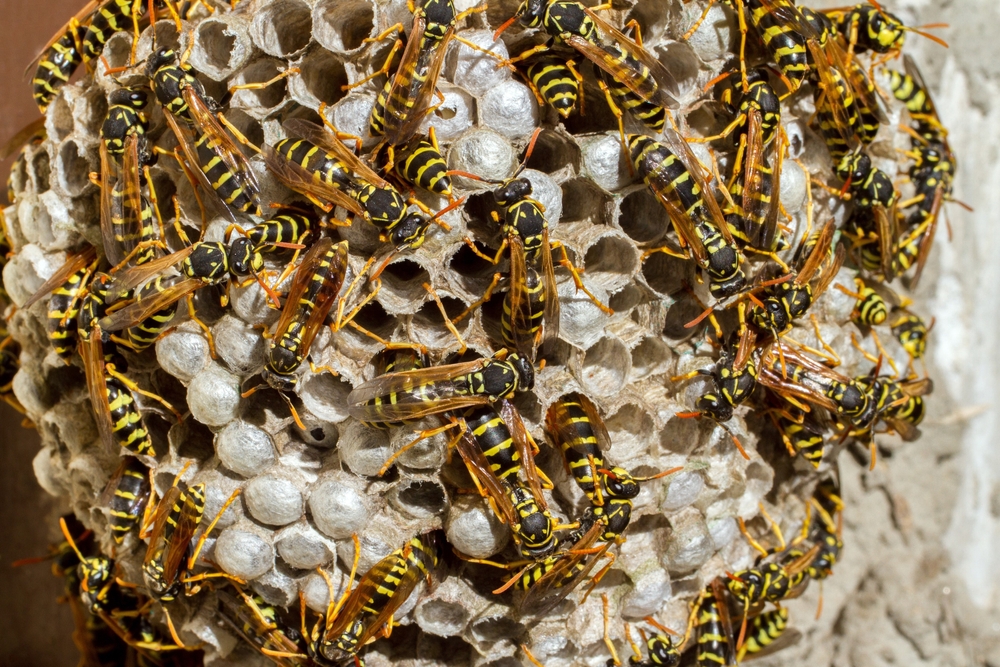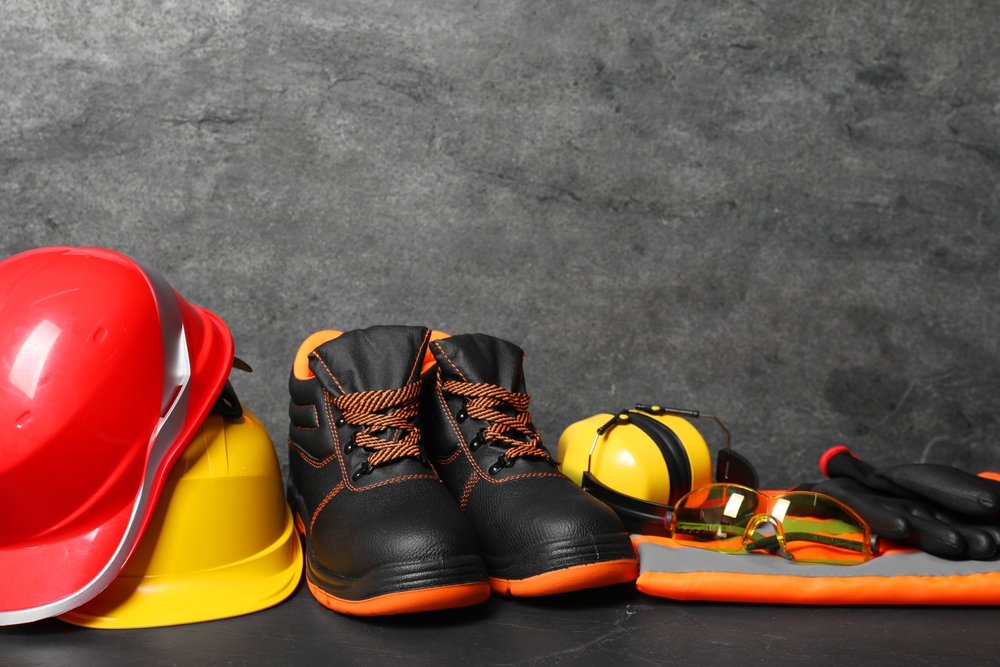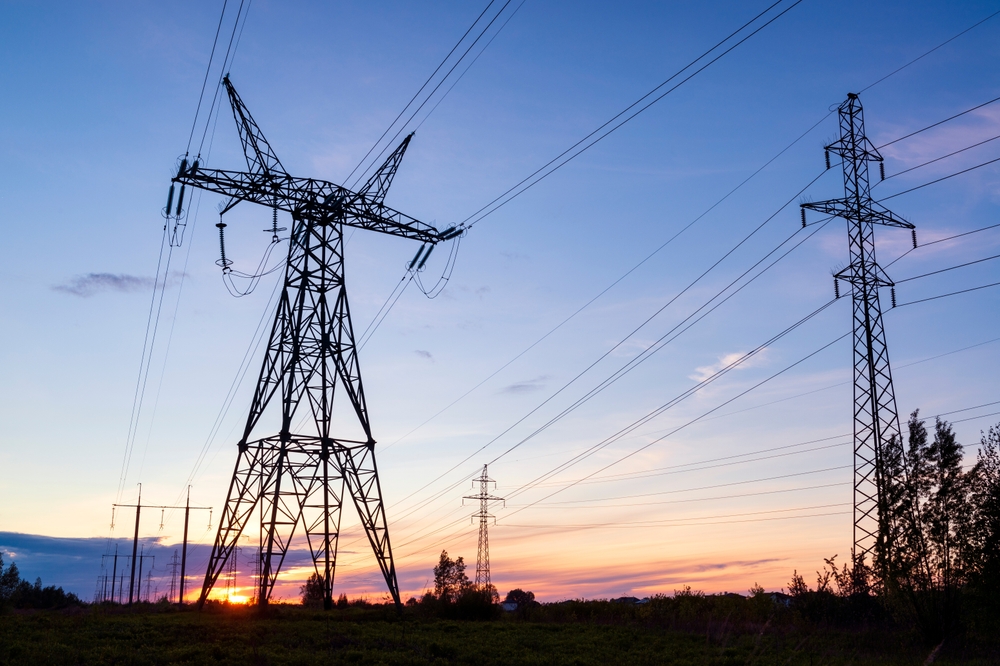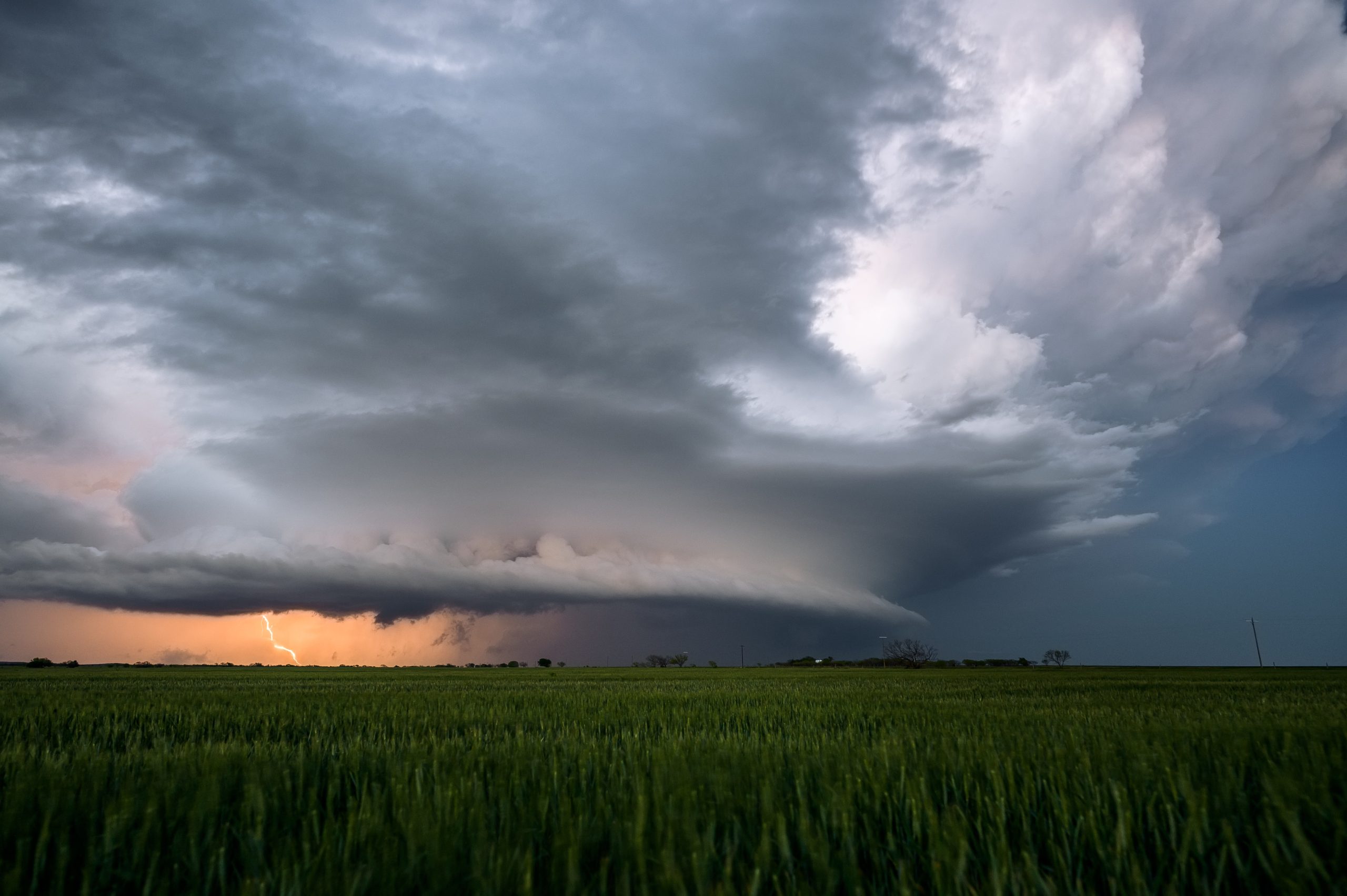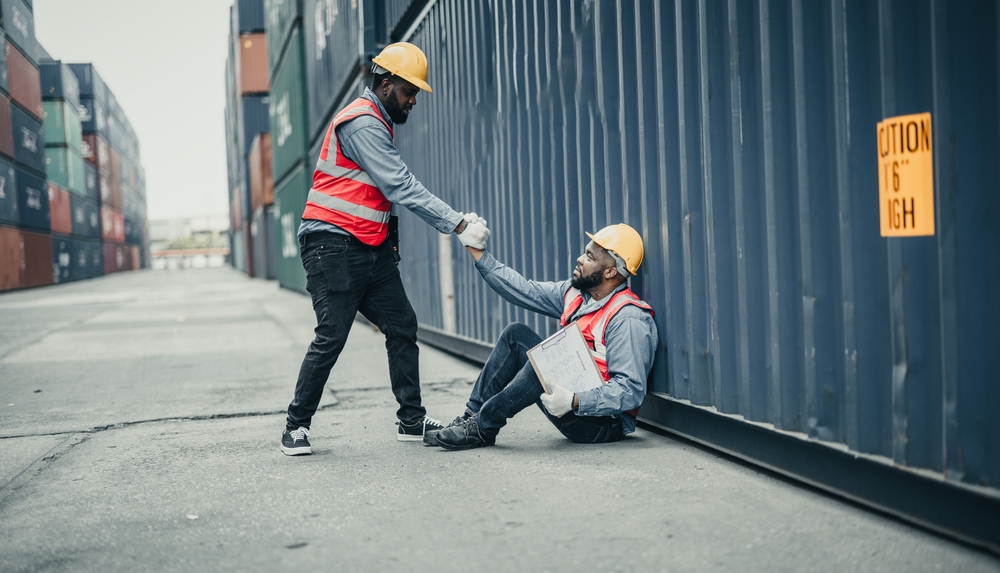Bug and Insect Safety Concerns
As we enter the fall months, some stinging insects become more aggressive. This poses a threat to anyone with allergies to stinging insects, and they will want to take extra precautions. Up to 5% of Americans are at risk of a severe, potentially life-threatening, allergic reaction from an insect sting. Unfortunately, most people with allergies to these insects do not know they are allergic until after a sting or bite occurs. Stings may be fatal if not treated right away. There are a few main symptoms of anaphylaxis (acute allergic reaction) to watch for, including itching and hives over large parts of the body, swelling of the throat or tongue, difficulty breathing, nausea, stomach cramps, and diarrhea. Allergic reactions occur when your body’s immune system overreacts to the insect venom.
Bugs and Insects to Avoid When Working Outside
Ants (Fire Ants): Fire ants are aggressive when stinging and inject venom, which causes a burning sensation. Their mounds are commonly found under logs, rocks, and under bark in trees.
Bees/Wasps/Hornets: These insects are more abundant in warmer months. Their nests and hives may be found in trees, under roofs, and behind siding on your house.
Spiders: There are many types of spiders that can bite humans, with some of them being very dangerous. The black widow and brown recluse are both extremely poisonous and can be fatal. They are found in wooded areas, under rocks, and in shaded areas.
Ticks: These are biting insects that create a risk of spreading diseases. They can be found in areas of high grass, brush, and around wood piles.
Preventing Insect Bites: Precautions and Tips
Ants (Fire Ants): Do not disturb their ant mound. Be careful when lifting items off the ground that could be covered in ants. Always be aware of your work area and surroundings. Wear a long-sleeve shirt and pants to avoid making direct skin contact with fire ants.
Bees/Wasps/Hornets: Wear light-colored clothing when working near these insects. Avoid wearing any perfume or cologne when working outside. Wear a long-sleeve shirt and long pants. Remain calm if a single bee is flying around you.
Spiders: Wear clothing to cover as much of your body as possible to avoid spider bites. If possible, do not disturb the spiders. Inspect your outdoor items before picking them up to look out for spiders.
Ticks: If possible, avoid wooded and brushy areas with high grass. Wear clothing that covers as much of your body as possible. Inspect clothing and body after work and during breaks for ticks.
What Should You Do After Experiencing a Sting or Bite?
Ants (Fire Ants): Rub them off briskly, as they attach to the skin using their jaws. Seek medical attention if adverse health effects arise, such as chest pain, nausea, severe sweating, or slurred speech.
Bees/Wasps/Hornets: Wash the site of the sting with soap and water immediately, and remove the stinger with your nail if possible. Never squeeze the stinger or attempt to remove it with tweezers. Use ice to reduce the swelling, and seek medical attention if an immediate allergic reaction begins.
Spiders: Clean the area of the spider bite right away with soap and water. Apply a cool compress to help reduce swelling. If you think the spider is poisonous, elevate the bite area and seek medical attention right away.
Ticks: Remove the tick with the use of tweezers and grasp the tick as close to the surface of your skin as possible. Pull backwards gently and do not jerk. After the tick is removed, wash the area with soap and water. Seek medical attention if you feel it is necessary.
By taking these precautions and being vigilant, you can significantly reduce the risk of insect bites and stings, ensuring a safer and more enjoyable time outdoors.
How Amerisafe Can Help
Partnering with Amerisafe can provide your workers with essential training and resources to prevent insect bites on the job site. Our Occupational Health and Safety Consulting Teams can offer specialized training sessions that educate workers about identifying dangerous insects, proper clothing and equipment to wear, and effective methods to avoid bites and stings. Additionally, our on-site nurses can provide first aid kits specifically designed to treat insect bites and stings, ensuring immediate and appropriate responses to any incidents. Amerisafe’s Safety Consultation team can conduct regular site assessments to identify and mitigate potential insect hazards, creating a safer working environment. By leveraging our expertise, you can protect your workforce from the risks associated with insect bites, enhancing overall safety and productivity on your job site. Contact us to learn more.
To see other blog posts from Amerisafe, click here.

